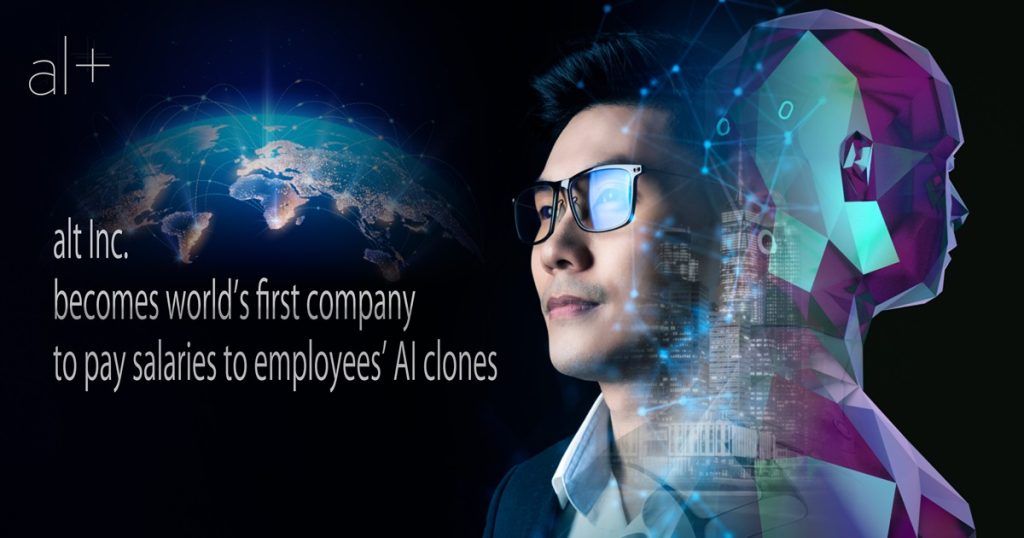Alt Inc.'s AI Clones are Reshaping Our Work and Identity
In a world teeming with technological advancements, Kazutaka Yonekura, CEO of Tokyo's Alt Inc., envisions a future where our digital counterparts – personalized AI avatars capable of handling mundane tasks – are not just a novelty but a necessity.
Example of Kazutaka Yonekura's AI Clone
This futuristic idea, juxtaposing the efficiency of technology with the essence of human identity, echoes the relentless push towards a digital utopia, contrasting starkly with the ingrained norms of American culture.
Yonekura's digital double stands as a testament to human ingenuity. These animated avatars, far more personalized than Siri or ChatGPT, are an embodiment of their human counterparts, capable of performing tasks like conducting job interviews or medical screenings. This concept isn't just an advancement; it's a radical redefinition of how we perceive labor and personal interaction.
Interestingly, the acceptance of such technology varies culturally. In Japan, a nation that has seamlessly blended technology and culture, creating phenomena like Pokemon and Hello Kitty, the digital clone is a friendly, almost familiar concept. However, in an interview with the Associated Press, Yonekura acknowledges that this concept might encounter skepticism in Western cultures, where individualism and privacy are paramount.
This innovation, however, comes with a hefty price tag, making it a distant dream for the average individual. Moreover, the creation process, involving extensive data collection, raises questions about privacy and the ethical implications of digital personhood.
Yonekura's vision has already seen practical applications. Alt Inc. recently introduced a groundbreaking salary system, compensating employees for the productivity of their AI clones. This revolutionary step challenges traditional notions of labor and highlights the potential economic benefits of AI integration in the workplace.

Yet, amidst this technological euphoria, one must ponder: Are we ready to embrace a future where our digital clones share our workload, responsibilities, and perhaps even identities?
As we teeter on the brink of this new era, we must navigate the complex interplay of technology, culture, and identity, reshaping our world in ways we are yet to fully understand.





Member discussion